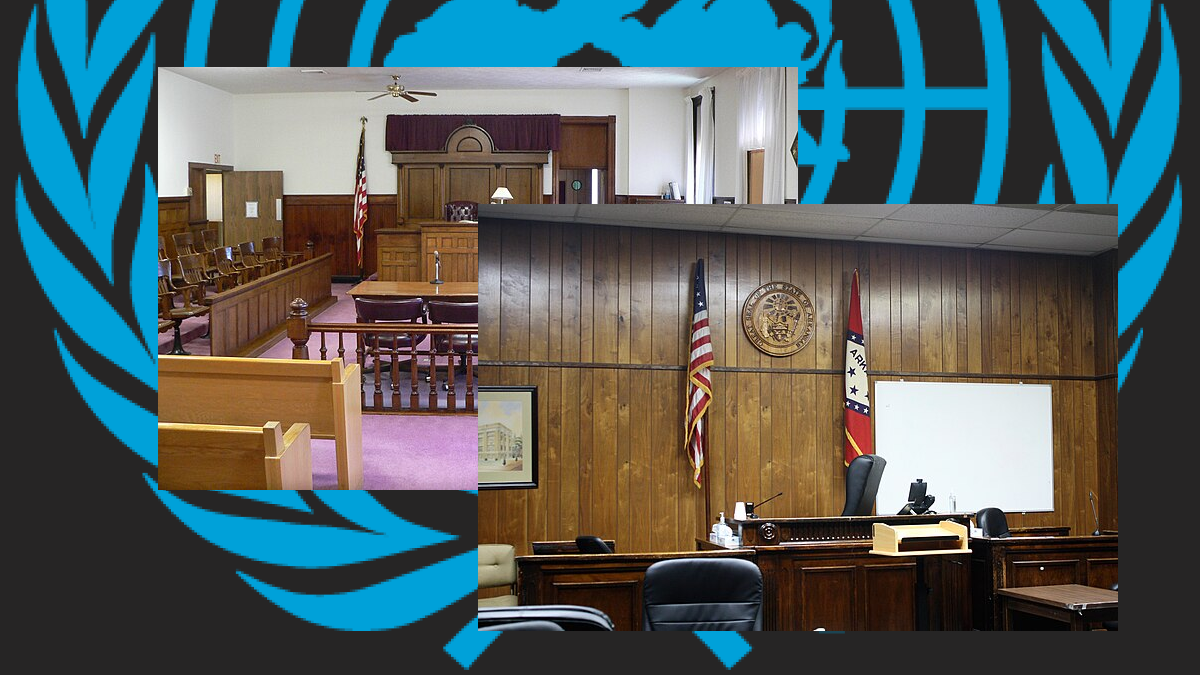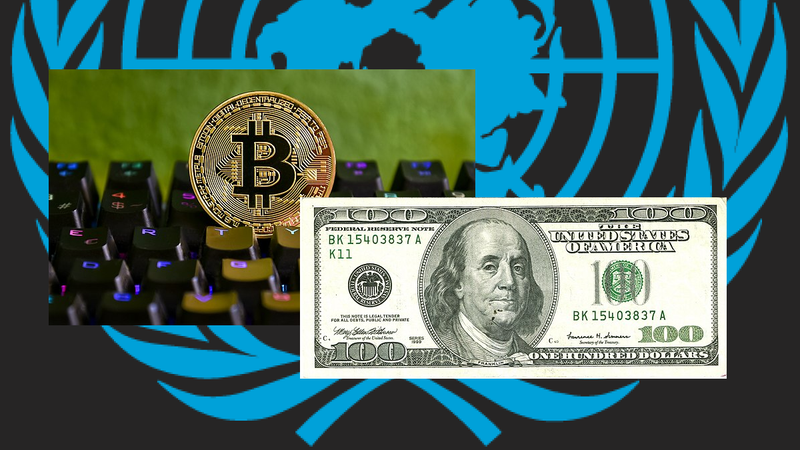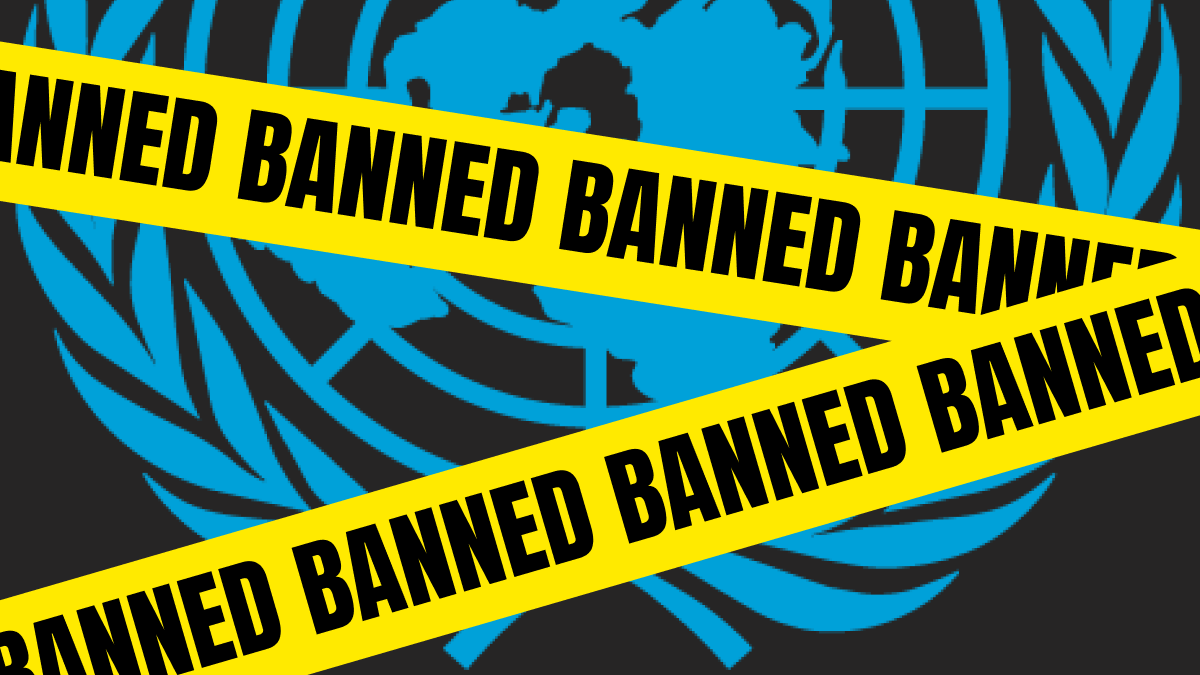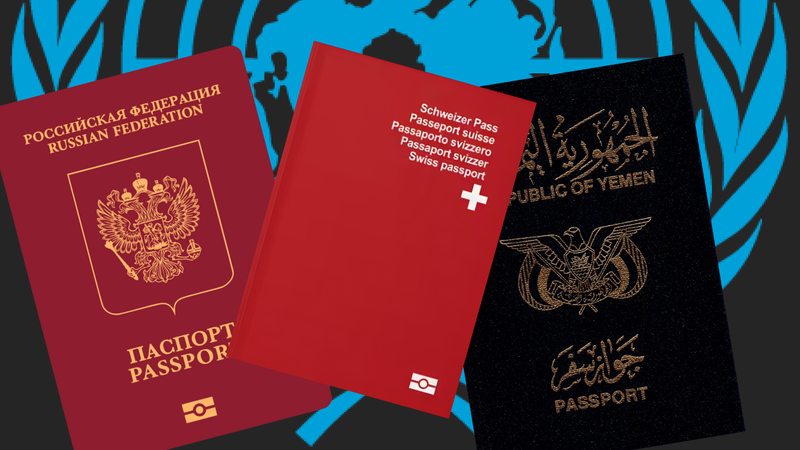The Lack Of Due Process

This article is part of a six-part educational series in cooperation with the non-custodial, peer-to-peer Bitcoin exchange Vexl.
“Everyone is entitled in full equality to a fair and public hearing by an independent and impartial tribunal, in the determination of his rights and obligations and of any criminal charge against him.” –Article 10, UN Declaration of Human Rights
CAGE is a UK NGO that challenges war on terror-driven state oppression around the world. In 2014, Barclays Bank closed all of the organization’s accounts. Attempting to find out why, CAGE received a letter from Her Majesty’s Treasury, informing the collective that the UK Government was not investigating CAGE for criminal misconduct.
So what made Barclays shut CAGE out from the financial system? According to the Treasury, “individual commercial decisions of financial institutions are informed by their own compliance and risk policies and are not ones that the Treasury or the regulator can or should determine”.
It’s a phrase that regulators often hide behind, alleviating the Government of any allegations of potential political censorship. And as we’ll go on to see, it’s not so much a flaw in the system than part of the design of the system itself.
Outsourcing Penalization to Private Entities
In democratically governed societies, anyone has the right to fair legal representation. In essence, if someone makes accusations against you, you have the right to defend yourself. Take, for example, being banned from Twitter. While large platform’s content policies are often written vaguely to ensure enforcement against broad ranges of topics, you can sue Twitter over getting banned from its platform, and Twitter will have to produce evidence of your misconduct.
When a bank closes your account, the right to defend yourself looks a little different, because the bank is not allowed to tell you why by law. Anything concerning financial intelligence, such as if your account was closed because the bank’s compliance system threw an AML flag, is to be treated as secret information under threat of criminal prosecution.
This circumstance then creates an easily exploitable loophole: because Governments can outsource the penalization of politically active persons to banks, it does not have to place penalties on the person themselves, which would involve a lengthy legal process that, when trying to penalize activists, journalists, or an NGO like CAGE, likely wouldn’t be successful.
The banks, in turn, can hide behind the veil of AML-secrecy, exercising their right to no longer serve you as a customer. In this nomansland of public-private partnership, the right to due process becomes impossible to enforce.
Pre-Crime Surveillance, Post Democratic Governance
Anti-money laundering regulations operate on a “catch all” approach. Instead of investigating people specifically, AML places the entire population under general suspicion of wrongdoing. Once an AML system has flagged you, the bank will likely terminate your account, giving you no chance to defend yourself. In AML’s preventive surveillance system, you are guilty until proven innocent, without so much as having a court you could address.
This situation, often based on nothing more than accusations by a Silicon Valley AI and a burnt out compliance employee, then threads itself through the rest of the financial system, where those who have been deemed high-risk customers may find themselves on private blacklists, such as MATCH or WorldCheck.
MATCH, short for Member Alert to Control High-Risk Merchants, is a blacklist maintained by MasterCard that is meant to keep merchants accused of money laundering out of MasterCard’s credit card network. Similarly, WorldCheck, a blacklist developed by the London Stock Exchange, will keep anyone flagged for money laundering out of its partner organization’s banking systems. In both cases, the accused have no method for legal recourse, as information concerning money laundering must stay strictly confidential.
To assess whether a customer may be a high-risk client, banks increasingly turn toward non-financial risk assessments. These include, for example, monitoring a customer’s social media behavior, as well as information on their relatives, often acquired through advertising brokers that sell customer data for a profit. In Europe, users may file a GDPR request to assess what information an online platform sells on them, but whether or not such data was used to place a user on the MATCH or WorldCheck lists again remains confidential, leaving no option for legal recourse.
Through this lack of due process, the financial system provides Governments with enough plausible deniability to censor political opponents, which we will cover in our next article.






